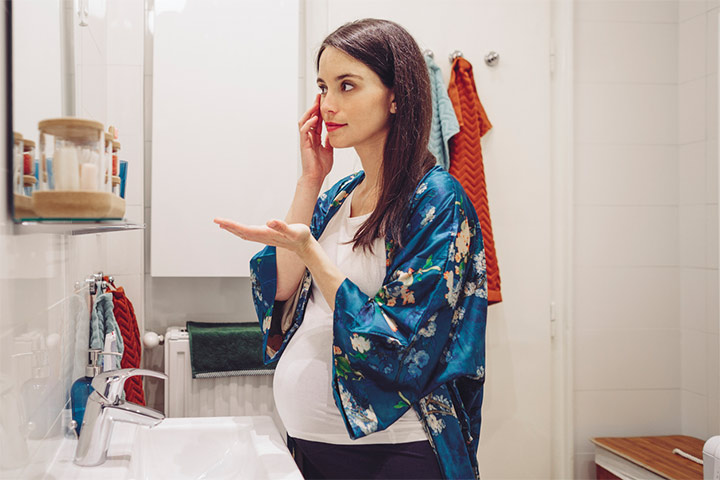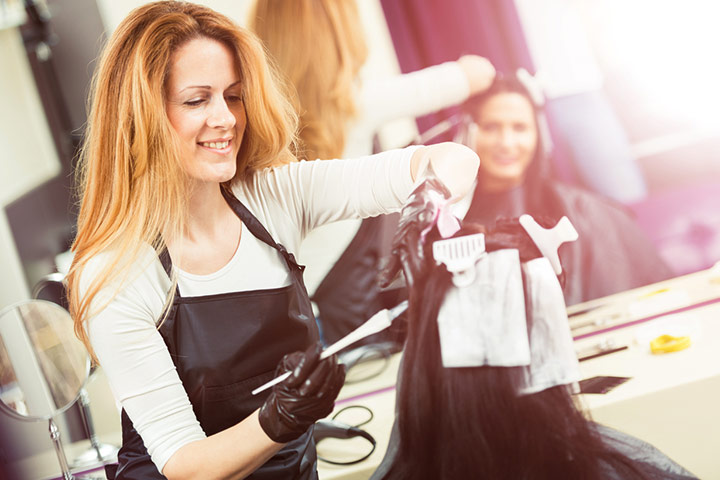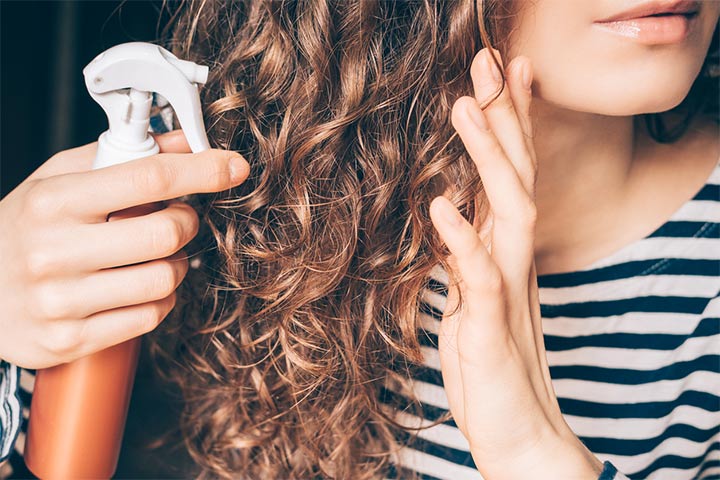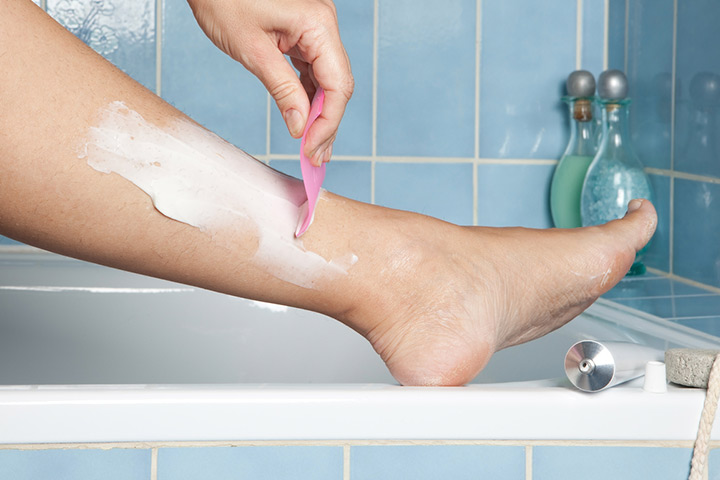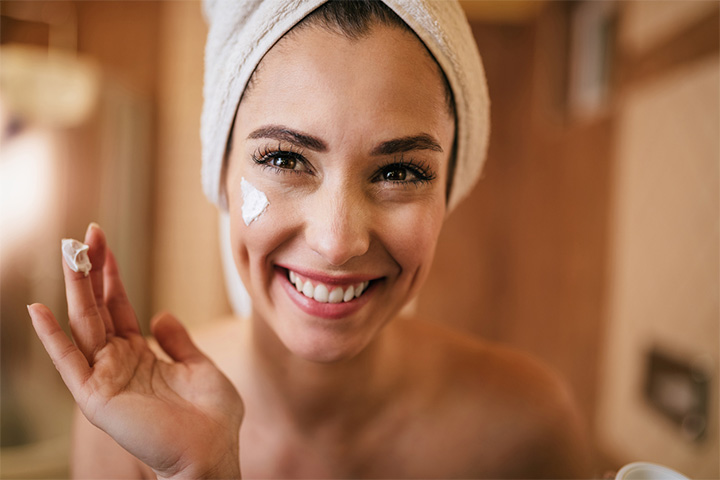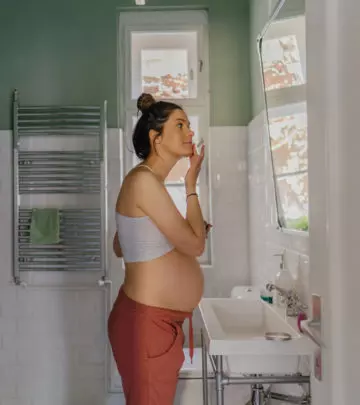
Pregnancy brings out a ton of changes in a woman’s body and skin. If you’re expecting, you may have to take a break from your usual beauty treatments for the health of the baby. You not only have to be careful about what you put inside your body, but you also have to be cautious about how you take care of yourself from the outside as well. Many products that you use in your everyday routine may suddenly become harmful once you have a baby growing inside you. Below we list down five such beauty treatments that you should avoid when you’re pregnant:
5. Special Treatment Creams
If you’re using any acne treatment creams or anti-aging creams, then chances are they contain retinoids. Retinoids are a class of chemical compounds derived from vitamin A, used to treat a range of skin conditions. While oral retinoids are known to cause birth defects, even topical use of retinoids should be avoided during pregnancy. Though the absorption rate of topical retinoids is less, more studies need to be done to understand its effect on unborn babies. Another ingredient found in most acne creams is benzoyl peroxide; however, it has a low absorption rate and isn’t known to cause any birth defects (1). But it is best to talk to your doctor or dermatologist before you apply any special treatment creams during your pregnancy.
4. Hair Colors
If you are someone who constantly color treats your hair, it might be best to hold off on this practice until after your delivery (2). Though some research shows that hair dyes are safe to use during pregnancy, a small amount is known to be absorbed by the skin. Hence it is best to avoid any dyes with high doses of chemicals. If you plan to dye your hair, it is best to wait until after the first trimester of your pregnancy when the risk of harming the fetus is much lower. If you’re coloring yourself, make sure you do it in a well-ventilated room, wear gloves, and not leave the dye on for too long. To reduce any risk, you could go for highlighting your hair where the dye is only applied to the strands and not the scalp. It’s also important to note that pregnancy can change the nature of your hair, so your hair might react differently to perming or coloring.
3. Hair Sprays
Hair sprays are considered to be harmful during pregnancy. A study shows that exposure to certain chemicals in hair sprays during pregnancy can increase the risk of genital birth defects (3). Exposure to phthalates and other chemicals in hair sprays have also been linked to hypospadias in baby boys. However, the study had certain limitations in terms of its design, and hence more research needs to be done to understand the link between hair sprays and birth defects. However, it is advised that pregnant women opt for other methods such as mouse or gel, which has less chance of inhalation when compared to hair sprays.
2. Depilatory Creams
Depilatory creams are generally considered to be safe during pregnancy. However, you may find that your skin has become more sensitive during pregnancy (4). Similarly, the smell can be too strong, making you nauseous. So, make sure to open enough windows and be in a well-ventilated room. If you are looking for the best hair removal method, you can opt for shaving since waxing can be painful due to skin sensitivity.
1. Skin Lightening Creams
Several skin lightening creams will have hydroquinone listed as one of their main ingredients because of the skin lightening properties it has (5). This chemical compound can be found in over the counter creams; however, a doctor’s prescription is required for creams with more than 2% hydroquinone concentration. It is also used to treat various skin conditions such as hyperpigmentation, melasma, freckles, and acne scars. Because of limited research and study on the effects of hydroquinone in pregnant women, it may be hard to conclude how safe it is during pregnancy (6). But since it has a systemic absorption rate of 35%-45%, it is best to avoid using any products with hydroquinone in them just to be on the safer side.
We hope our article gave you some insight on what product to use and avoid while you’re expecting. Being pregnant doesn’t mean that you have to stop taking care of your skin. However, it’s important to make sure that the products and ingredients that you use are safe for you and your baby. If you have any concerns or doubts about a product or its ingredients, seek help from a dermatologist or OB/GYN.

